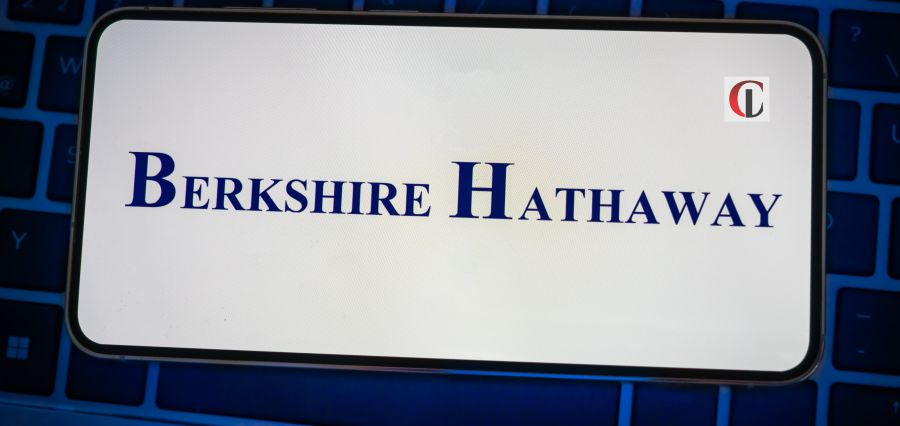Warren Buffett’s Berkshire Hathaway reached a significant milestone on Wednesday, becoming the first non-technology company in the U.S. to attain a $1 trillion market capitalization. Shares of the Omaha-based conglomerate have surged over 28% in 2024, outperforming the S&P 500’s 18% gain. The milestone comes just days before the “Oracle of Omaha” celebrates his 94th birthday.
Berkshire Hathaway’s Class A shares rose 0.8% to $696,502.02 on Wednesday, according to FactSet, pushing the company’s market value past the $1 trillion mark. Cathy Seifert, a Berkshire analyst at CFRA Research, described the achievement as a testament to the firm’s financial strength and franchise value, particularly in a landscape where conglomerates have become increasingly rare.
Unlike its trillion-dollar peers—Apple, Nvidia, Microsoft, Alphabet, Amazon, and Meta—Berkshire is renowned for its old-economy focus, with substantial holdings in companies like BNSF Railway, Geico Insurance, and Dairy Queen. However, its significant investment in Apple has also contributed to recent gains.
Buffett, who took control of Berkshire in the 1960s when it was a struggling textile company, transformed it into a diversified empire spanning insurance, railroads, retail, manufacturing, and energy. Despite its “old economy” roots, Berkshire has managed to achieve a valuation comparable to tech giants, underscoring Buffett’s long-term investment strategy and the conglomerate’s robust balance sheet.
Andrew Kligerman, TD Cowen’s Berkshire analyst, noted that this milestone is a tribute to Buffett and his management team, emphasizing that Berkshire’s success comes despite trading at lower valuations than tech companies.
With Greg Abel, vice chairman of non-insurance operations, named as Buffett’s successor, the company continues to navigate a challenging economic environment, maintaining a substantial cash reserve of $277 billion.
UBS analyst Brian Meredith recently increased his earnings estimates for Berkshire, projecting its market value to rise well above $1 trillion, driven by higher investment income and strong performance in its insurance division.
For More Details: https://ciolook.com/

